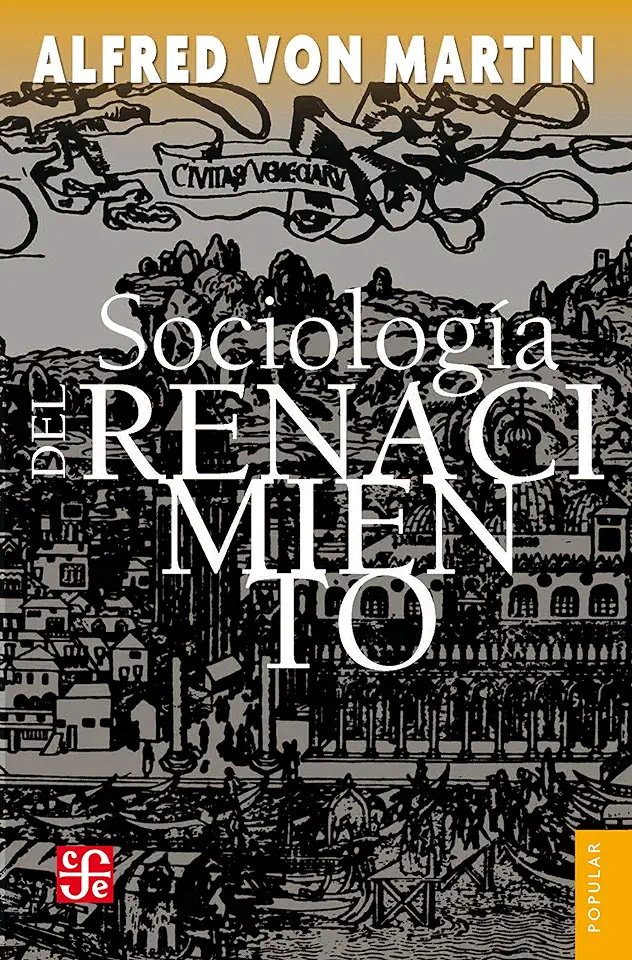
Sociology of the Renaissance - Alfred Von Martin
Sociology of the Renaissance
Introduction
In his seminal work, "Sociology of the Renaissance," Alfred Von Martin presents a comprehensive and insightful analysis of the social, cultural, and economic factors that shaped the Renaissance period. Drawing upon a wealth of primary and secondary sources, Martin argues that the Renaissance was not simply a cultural movement, but rather a profound transformation of European society.
The Rise of the Individual
One of the most significant features of the Renaissance was the rise of the individual. In the Middle Ages, people were largely defined by their social status and their place in the feudal hierarchy. However, during the Renaissance, there was a growing emphasis on the individual's potential and worth. This shift in perspective was reflected in the art, literature, and philosophy of the period, which celebrated the human form and the power of the human mind.
The Growth of Urban Centers
Another important aspect of the Renaissance was the growth of urban centers. As trade and commerce increased, cities began to flourish. This led to a greater concentration of people and a more diverse population. The growth of cities also facilitated the spread of new ideas and technologies, which further contributed to the transformation of European society.
The Impact of the Printing Press
The invention of the printing press in the mid-15th century had a profound impact on the Renaissance. For the first time, books became widely available to the general public. This led to a dramatic increase in literacy rates and a greater dissemination of knowledge. The printing press also made it possible for new ideas to spread quickly and easily, which further accelerated the pace of change during the Renaissance.
The Scientific Revolution
The Renaissance also saw the beginnings of the Scientific Revolution. This period of intellectual ferment saw the rise of new scientific methods and the questioning of traditional beliefs. The Scientific Revolution laid the foundation for the modern world and had a profound impact on the way people thought about the natural world.
The Legacy of the Renaissance
The Renaissance was a time of great change and innovation. It was a period that saw the rise of the individual, the growth of urban centers, the invention of the printing press, and the beginnings of the Scientific Revolution. The Renaissance left a lasting legacy on European society and culture, and its influence can still be seen today.
Conclusion
"Sociology of the Renaissance" is a must-read for anyone interested in the history of Europe or the development of Western civilization. Alfred Von Martin's insightful analysis provides a deep understanding of the social, cultural, and economic factors that shaped the Renaissance period. This book is a valuable resource for scholars, students, and anyone else who is interested in learning more about this fascinating era.